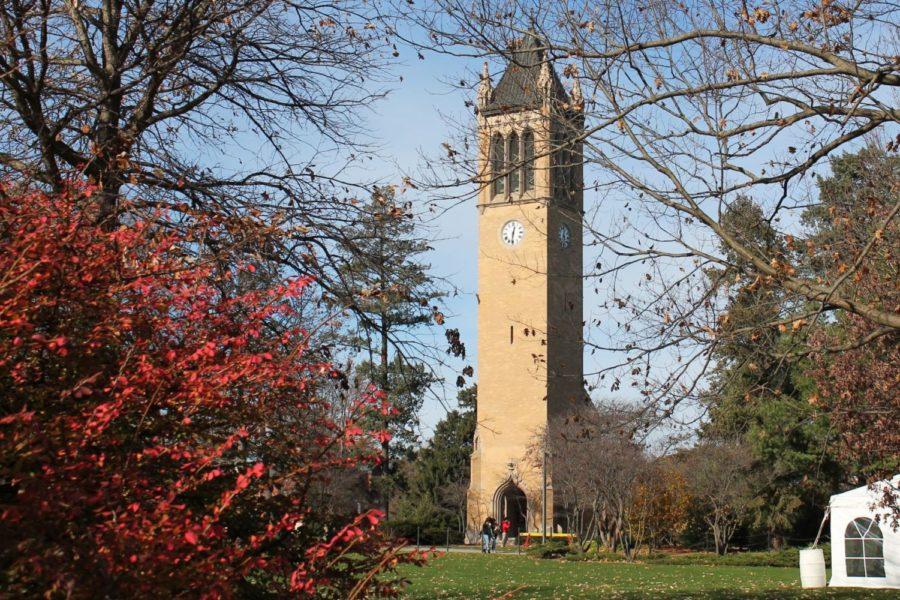Bachelors in nursing approved by Regents
June 29, 2017
The Iowa Board of Regents approved the new Bachelor of Science in Nursing program at Iowa State during a telephonic meeting earlier this week.
Although the program still needs approval from the Board of Nursing, which will meet in July, it’s likely that Iowa State will now offer a Bachelor of Science in Nursing. The program currently plans to accommodate 50 nursing students in fall 2018 and 200 students once established.
“I personally thought we’d start small and grow over time. I’m confident there will be a sustainable level of interest,” Virginia Wangerin said.
Wangerin, an assistant clinical professor of nursing, was chosen to lead the program. Wangerin has a master’s degree in nursing from Drake University, a doctorate in higher education from Iowa State and multiple years of nurse-education experience.
If the Board of Nursing approves, a group made up of faculty within the Food Sciences and Human Nutrition Department, along with other experts across Iowa State, would begin to develop curriculum, admission and graduation requirements, Wangerin said.
Wangerin discussed Iowa State’s lack of health career academic paths, like nursing, medical and physical therapy programs, in a previous interview. But Iowa State does have renowned research programs in dietetics and nutrition sciences. The nursing program will take advantages of these resources to better prepare nurses to improve the quality of life of patients and care for the chronically ill.
“Iowa State is already playing a key role in promoting human health, and that’s the role of nurses,” Wangerin said.
The program is unique in Central Iowa, although the University of Iowa has offered an online bachelor’s in nursing degree.
“Although the trend across the nation has been moving to online education, there is not a campus based program in Central Iowa that allows students to interact with the academic community,” Wangerin said. “They want that campus experience… we expect them to be immersed in the campus.”
The proposed costs are $100,000 in the first year, with $250,000 a year once the program is established.
The program is intended for those who are looking to advance their degree past the associate level and has received support from central Iowan community colleges. DMACC’s Boone campus could play a role in providing the courses for the associate level for a student attending Iowa State.
“We’re not looking to replace those programs,” Wangerin had told the Regents.
Wangerin spoke to the Regents in a previous meeting on the impact registered nurses have on Central Iowan communities, and the data shows nurses with bachelors degrees have a substantial positive impact on those communities.
The feedback from alumni, current and future students has Wangerin confident in the program.
“We get almost a phone call almost every day from students who want to know when they can start, when the program will start… It’s like they’re saying, ‘What do I need to do to be on your list?'” Wangerin said. “I am almost overwhelmed by the level of enthusiasm.”
Wangerin said one call was from a 1960 alum who had gone on to become a nurse practitioner and was now offering to volunteer their knowledge. Other calls of support have come from healthcare providers, alumni, current students, admission staff and current nurses.
“We’re using all of our resources to do this right,” Wangerin said.
















